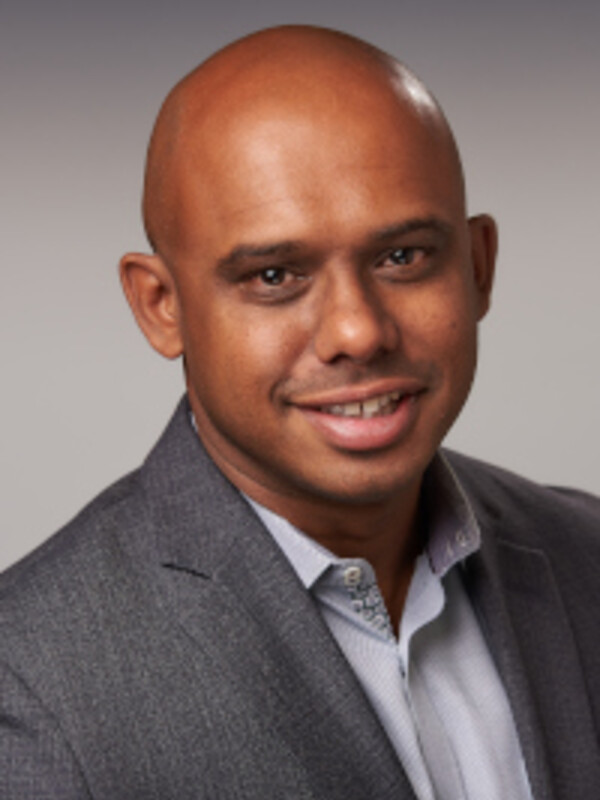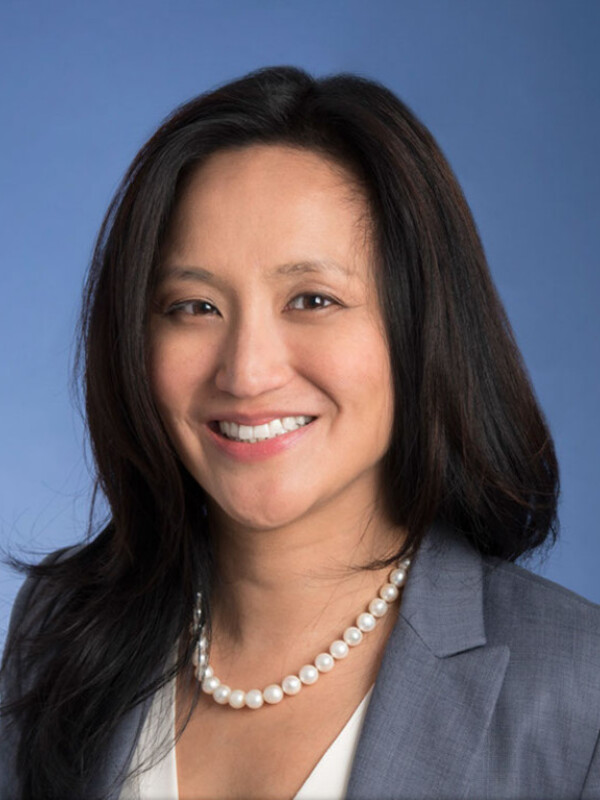Main Second Level Navigation
- News
- Events
- PsychNews
- Mindfest
- Donald Wasylenki Education Day
- The Future of Psychotherapy Conference
- Department of Psychiatry Research Day
- Annual University of Toronto Psychopharmacology Conference
- Professorial Lectures
- Psych Refresh
- TEAM Scholarship Day
- Impact: Psychiatry Articles that Change Treatment
Breadcrumbs
- Home
- News & Events
- News
- Resident Redeployment and Leadership During the Pandemic
Resident Redeployment and Leadership During the Pandemic

Across Ontario, the COVID-19 pandemic caused increases in the number of patients in the Emergency Departments, Intensive Care Units, and General Internal Medicine Units. At the same time, many health care providers contracted COVID-19 and were required to isolate. These circumstances meant that many hospitals were short on much-needed personnel, putting the health care Canadians rely on at risk.
In response to these circumstances, residents were asked to redeploy – to leave their regular placements and provide healthcare at other sites that were experiencing personnel shortages.
The residents of the Department of Psychiatry rose to the challenge, serving their communities with courage and professionalism.
When the pandemic began in 2020, the Department’s leaders knew redeployment was something they needed to prepare for.

“As a department, we were focused on keeping our trainees safe while responding collectively to the needs of the healthcare system,” says Dr. Sanjeev Sockalingam, the Department’s Vice Chair, Education. “We had to develop processes to maintain resident and fellow training and be able to pivot amidst the uncertainties of each COVID-19 wave.”
Dr. Sockalingam believes good communication was key to effectively responding to the rapidly shifting circumstances of the pandemic.
“Our Department’s Education Leadership Team and our Resident Leaders were in constant communication in the early stages of the pandemic. We identified opportunities where our Psychiatry residents could meaningfully and safely contribute to patient care where clinical care gaps were the highest.”

Drs. David Freedman and Nikhita Singhal, Psychiatry Residents’ Association of Toronto (PRAT) Co-Presidents (2021-22), were heavily involved in facilitating communication between program leadership and their resident colleagues regarding the rapidly evolving situation.
“Given how quickly recommendations, policies, and guidelines related to the pandemic were being modified — as well as the considerable variation between different hospital sites — it was understandably difficult for everyone to keep apprised,” says Dr. Singhal. “Being able to help clarify things whenever possible, or to direct individuals to the appropriate sources of information, was one small way we could contribute.”
Junior residents (PGY1-3s) were redeployed to general internal medicine and emergency medicine, where they provided direct care to patients, including those with COVID-19, under the supervision of staff supervisors. Some residents also redeployed to psychiatry acute care services such as emergency psychiatry, inpatient psychiatry, and C-L psychiatry.

Dr. Freedman was among the redeployed residents. He was redeployed to General Internal Medicine in January 2021.
“It was nerve-wracking,” says Dr. Freedman. “Before vaccination, there was the possibility that I could contract COVID-19 and potentially spread it to my family. I also worried my Internal Medicine knowledge wouldn’t be up-to-date. But I wanted to support my colleagues.”
“Despite my initial apprehension, redeployment was a very positive experience,” says Dr. Freedman. “I felt well supported by my co-residents and staff physicians, and I formed strong bonds with the redeployed Psychiatry residents.”
The Psychiatry Department was the third largest contributor to redeployment in the Temerty Faculty of Medicine during the 2020-21 academic year.

Dr. Adrienne Tan, Director of the Department’s General Residency Program, feels an understandable sense of pride regarding residents’ service during the pandemic. “Several residents spontaneously volunteered for redeployment and all our residents who were called for redeployment answered the call with a high degree of professionalism.”
“Our residents showed heart, compassion and dedication during the pandemic,” agrees Dr. Sockalingam. “They stepped up to respond to healthcare system needs. Other departments, such as internal medicine, were deeply appreciative of the professionalism, hard work, and care our redeployed residents provided during the recurrent waves of the pandemic.”
It was essential that residents receive support during redeployment. Postgraduate Site Directors and Chief Residents regularly checked in with redeployed residents, and residents who lost a block of elective time due to redeployment were provided with additional training later to compensate.
The residents themselves also ensured their redeployed colleagues were supported. Under the leadership of Drs. Erene Stergiopoulos and Emily Yung, the Resident Wellness Committee sent out thank-you cards to redeployed residents, disseminated a resident wellness newsletter with practical resources, and conducted a resident wellbeing needs assessment. Chief Residents and Postgraduate Site Directors also made a special effort to “check in” with residents who were redeployed at their hospital sites.
“Our Events Representatives also did a wonderful job organizing a variety of virtual events to help maintain a sense of community and combat the general sense of isolation which has pervaded much of this experience,” says Dr. Singhal.
For Dr. Freedman, the social connections that these initiatives maintained were essential to residents’ mental health.
“The COVID-19 pandemic clarified the importance of social connectedness for mental wellness,” says Dr. Freedman. “We went through a significant period of forced isolation and had to find new ways to create meaningful relationships. As we transition to a new stage of this pandemic, it will be paramount to continue fostering these supports.”
The pandemic has demonstrated residents’ ability to come together in the face of a crisis.
“Regardless of our individual backgrounds and titles, our levels of training, or the stage we are at in our careers — we are all human beings with many similar hopes and fears that were thrust to the surface in light of this crisis,” says Dr. Singhal. “Rather than dividing and isolating us further, this crisis caused the lines which had separated us to break down.”
“Residents’ service, dedication, and courage during the public health crisis that resulted from the pandemic is a great source of pride in the general psychiatry residency program,” says Dr. Tan. “Their service has been recognized by Faculty of Medicine leadership as well as UofT PGME leadership.”
“I am deeply appreciative of our residents’ dedication and teamwork during the pandemic crisis,” says Dr. Sockalingam. “Our residents’ commitment to meeting the societal and healthcare system needs during the COVID-19 pandemic is remarkable and has impacted so many individuals. After witnessing the collective effort of our residents during the pandemic, I am even more confident that the future of psychiatry is in excellent hands.
